One team, shared responsibility
Each company has an independent responsibility for safety, but the operators must make it possible for suppliers to work safely in a good manner, says chair of the oil, gas and maritime renewables sector at the Federation of Norwegian Industries and CEO of the IKM group, Ståle Kyllingstad.
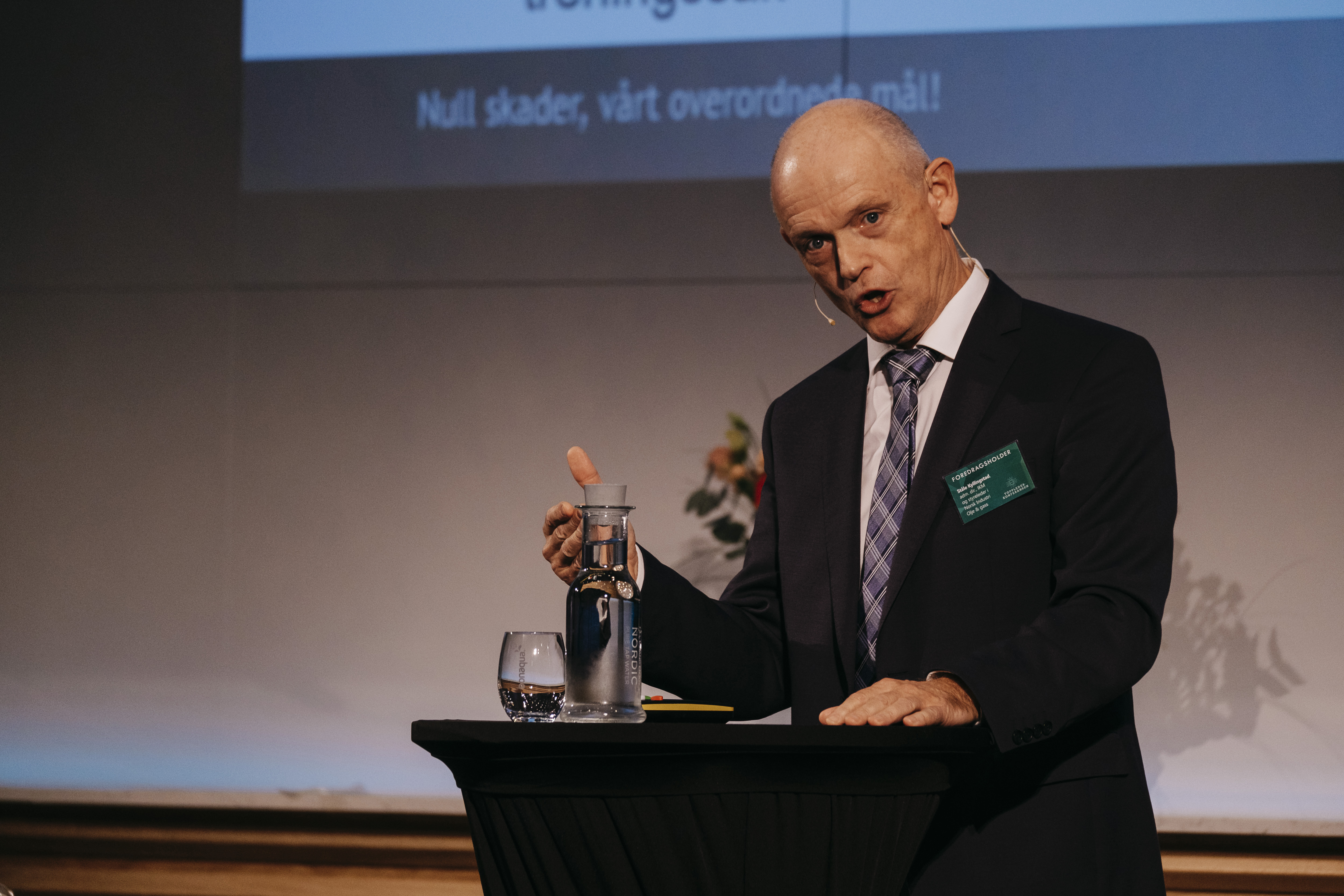 Photo: Tommy Ellingsen
Photo: Tommy Ellingsen
This view is expressed by Ståle Kyllingstad, who speaks on behalf of many offshore suppliers as chair of the oil, gas and maritime renewables sector at the Federation of Norwegian Industries.
The CEO of the IKM group is solidly planted at the core of Norway’s petroleum sector and has responded to questions on the PSA’s main issue for 2021 – side by side with the suppliers.
What’s your response to the main issue?
My reaction is extremely positive. That our customers – in other words, the oil companies – are at our side and that the PSA pushes this as an issue in order to remind us that we’re a team is something I regard very, very favourably.
The problems this main issue addresses must be solved jointly. We have a shared responsibility, together with our customers, for safety on the NCS and in relation to our whole industry.
Why is it important to address this now?
We’re experiencing general pressure on prices in the sector, while also operating on a mature continental shelf where we may not find so many big fields in the future.
So we’re compelled to operate in a way which is commercially both profitable and frugal in order to secure a long producing life for the NCS.
As oil and gas chair for the federation, I know that the whole sector is very concerned to get costs down. But we can’t do any more where hourly rates are concerned.
We took cuts to those when the oil companies, with Equinor in the lead, put us under very heavy pressure during the oil crisis a few years ago.
So other solutions for reducing costs are needed now – technical answers which make the sector cheaper and sustain its competitiveness in the long run.
What solutions are you thinking of there?
To take one example, we did a three-week well stimulation job in IKM and halved its cost simply by putting the equipment on a smaller ship.
Our profit was unchanged, but the oil company ended up with a lower bill. So it’s the technical solutions which are important – particularly in relation to maintenance and wells.
We suppliers own a lot of technology. We’re the ones, of course, who largely do the work in the industry. The oil companies, particularly the smaller players, generally have a see-to-it role, in the sense that they check what we do.
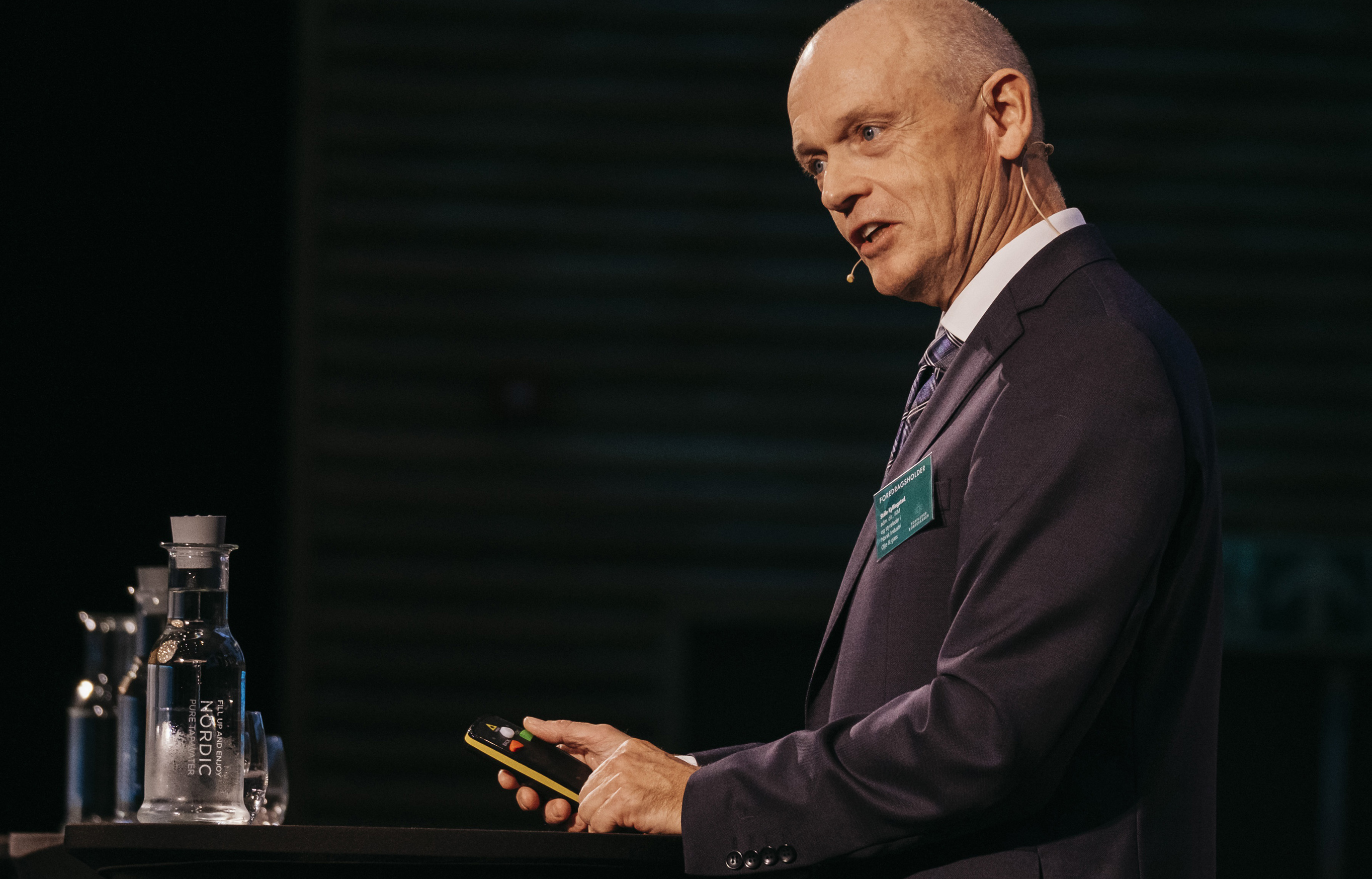
The main issue points to the importance of retaining strong and viable suppliers, and to operator responsibility for this. Are the operators sufficiently conscious of that?
Not as much as we could have wished. Contract strategies at the operators are extremely important today. These companies have great power, and the contractual responsibility rests with them.
The most threatening competitor is the one on the verge of bankruptcy – which knows it’ll go under if it fails to get the job, but isn’t sure it can survive should its bid be accepted because the quoted prices are so low.
Such a player represents a very dangerous combination, which can undermine safety. It’s a real issue which we’re very conscious about in the federation.
Suppliers who aren’t financially sustainable, or only just so, are not a good thing. We need strong supplier companies and supply chains which are robust and earn well.
Isn’t it the supplier’s own responsibility to reject contracts which have a negative effect on safety?
Obviously. When you're standing on the edge of the abyss, however, you stretch further than you might have intended. And make poorer judgements. But protecting safety is undoubtedly the supplier’s main responsibility.
How has collaboration between operator and supplier changed in recent years?
It’s improved. Much greater frictions prevailed six-seven years ago, when the mood between the two sides was close to bad-tempered.
The operators were making a lot of money, the industry was booming, but we suppliers were failing to maintain our profits. We worked mostly to deliver and satisfy customers.
Then the 2014-15 oil crisis struck. That got both sides to appreciate we were in the same boat. The collaboration developed at that time has lasted.
So the position is better than it was, but we still have issues related to contract strategies. It’s extremely important that the operators think these through.
What responsibility do contractors bear for safety?
All of it, really. We’re responsible for our employees, and for working as a company in a safe and prudent manner. There’s no excuse for either one thing or another. The responsibility is ours - fully.
But we must ensure understanding prevails among our customers that we have a work methodology which harmonises with theirs.
And the operators must have a contract strategy which ensures long-term survival and security for supplier employees, so that new and young people dare to make a commitment to our industry and our companies.
The oil companies must make provision for the suppliers, so that we can jointly manage to take care of safety in a very good way.
Further comments from the industry
Anniken Hauglie, Director general, Norwegian Oil and Gas
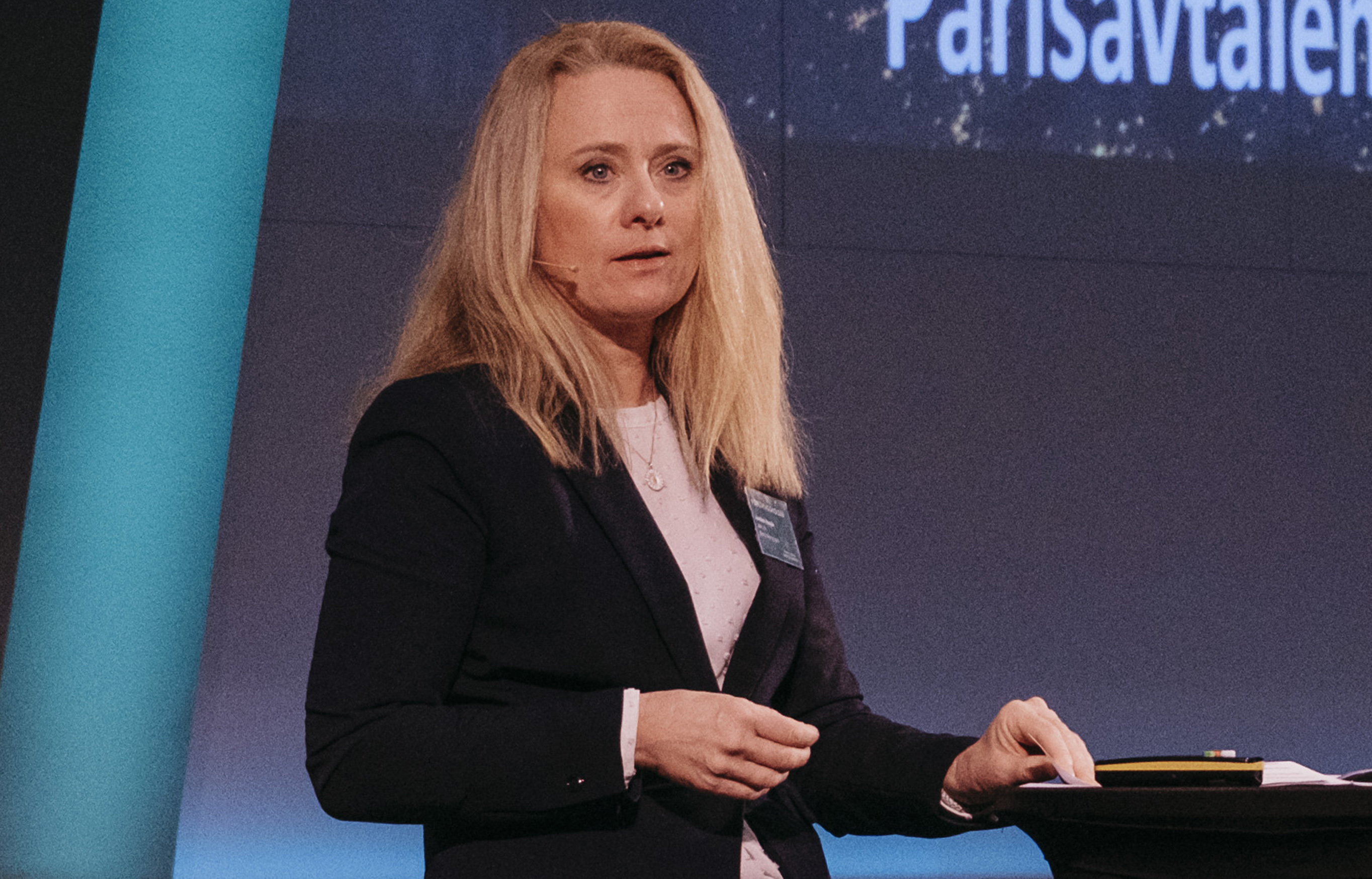
This is a very good issue. Regardless of whether you’re with an operator company or a supplier, it’s the same industry. And we believe that paying great attention to HSE and a secure sector, whether you work in one part of it or another, is very important.
We need a strong supplier industry in Norway. In the long term, we’ll all benefit from that. My impression is that people are conscious of this, and we also work closely together in the industry association to find good shared solutions.
When employees and employers talk together well, and have a good relationship with government, we can collectively find good solutions.
We’ll all benefit from a close, trusting and good collaboration between these parties. It’s carried Norway through many crises before, and will also be an important factor for the challenge we now face.
Hilde-Marit Rysst, President, Norwegian Union of Energy Workers (Safe)
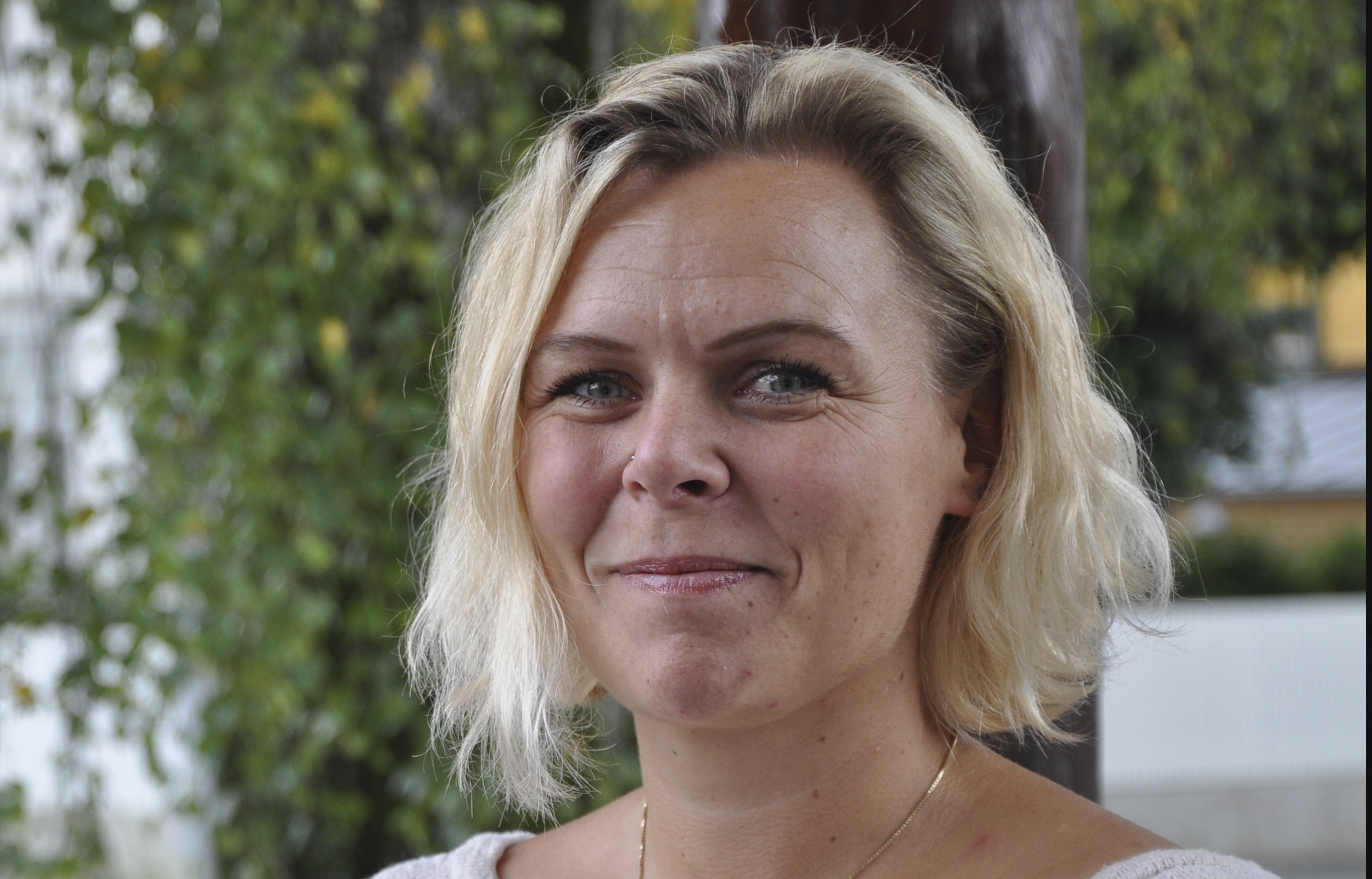
I think this is a good issue. We know there have been major changes to operating parameters and in the opportunities available to the suppliers for creating the good HSE results we expect in our industry.
It’s positive that the PSA is now stepping up. Our local elected officials in the individual companies can use the main issue very consciously to show that action is now being taken.
We constantly get feedback from our members that times are harder, that people must run faster and work quicker – and then taking shortcuts is quite simply easier.
So we’re worried about the operating parameters the operators have been setting for suppliers over several years, and believe very strongly that it’s time to take a step back and return to more robust terms – so that suppliers can work in a good way.
Nobody wants to harm themselves, their colleagues or their workplace. Everybody wants a good and secure working day. They must then have the opportunity to achieve that.
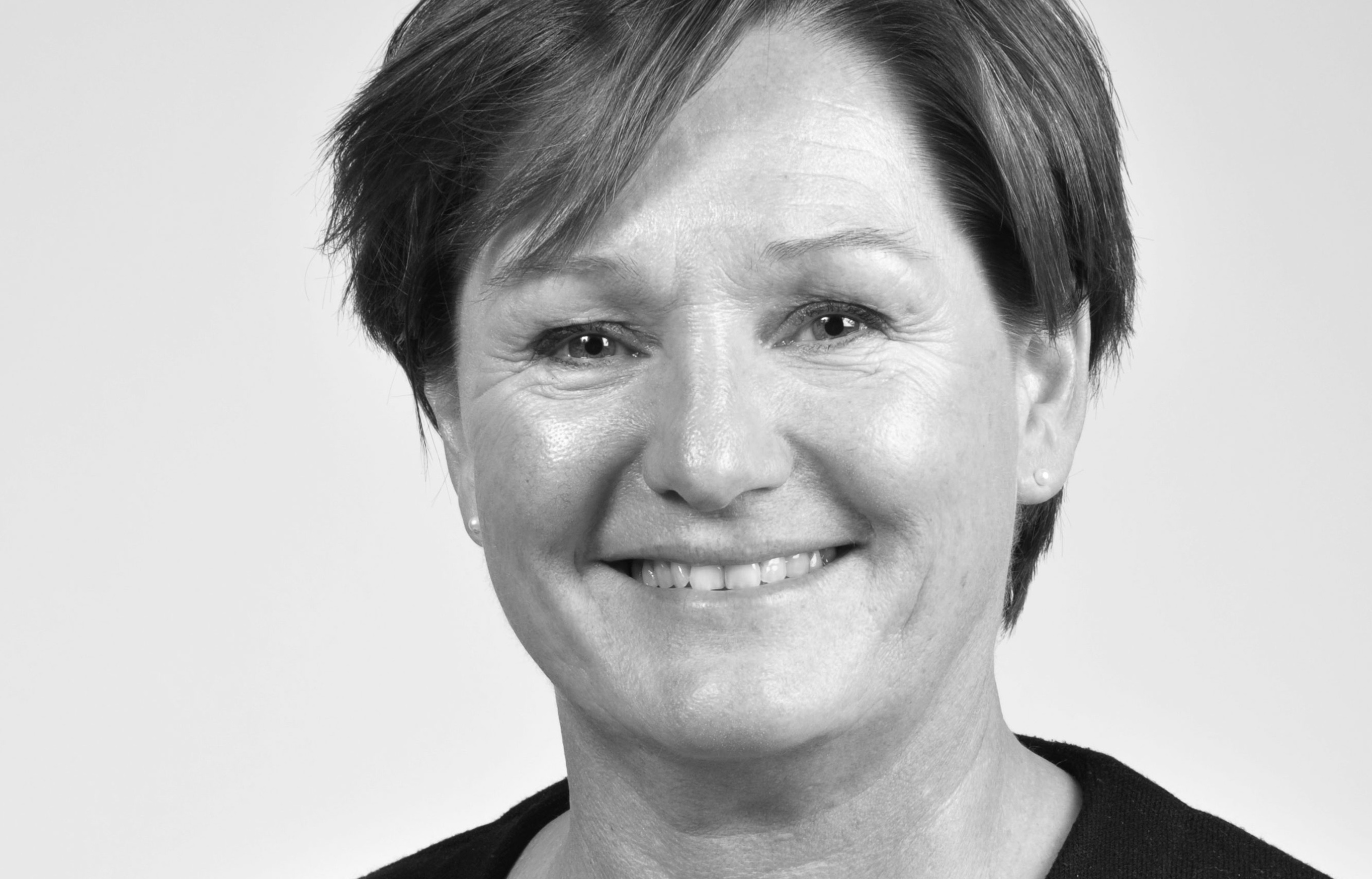 Photo: Industri Engergi
Photo: Industri Engergi
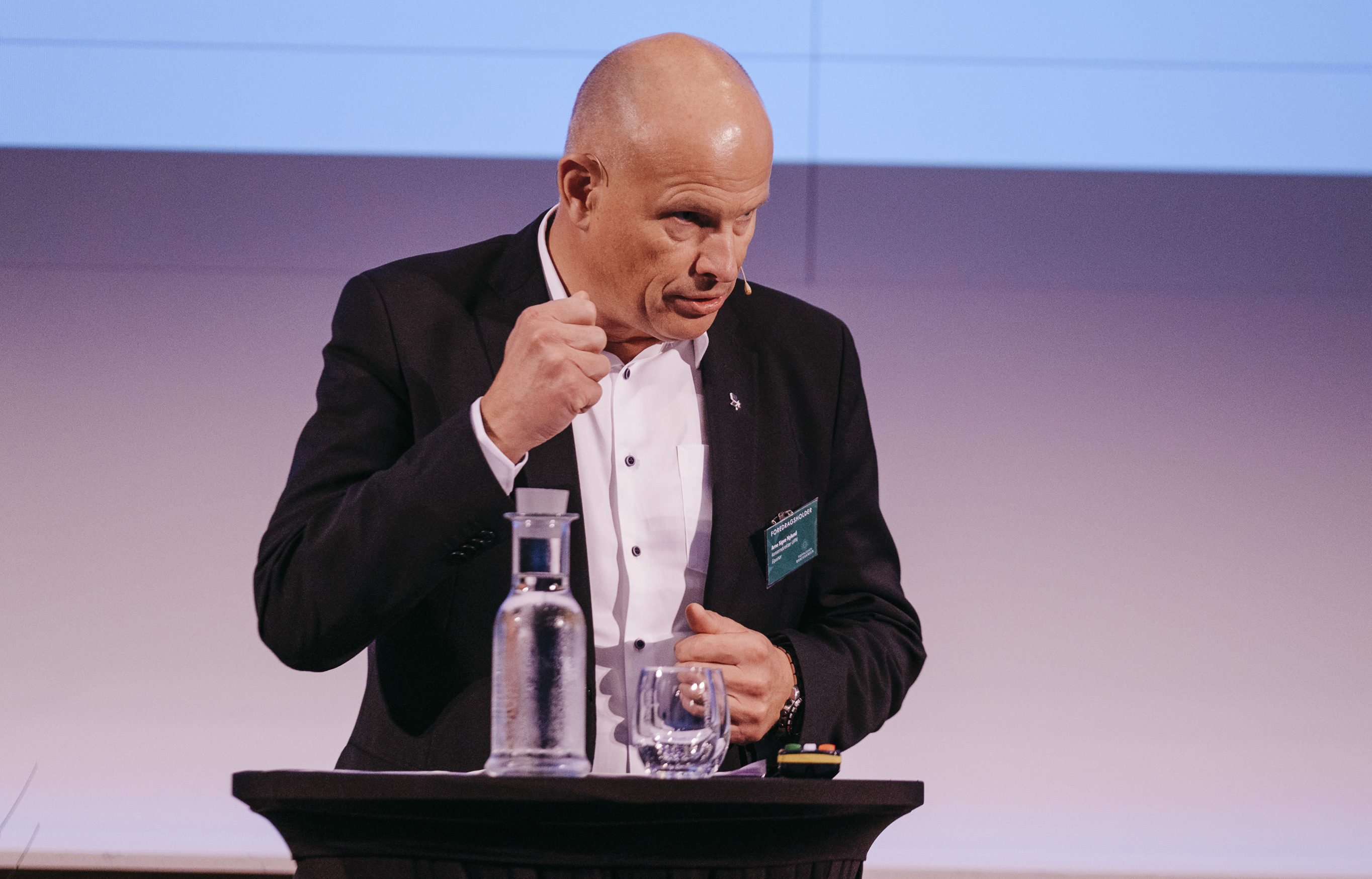 Photo: Tommy Ellingsen
Photo: Tommy Ellingsen
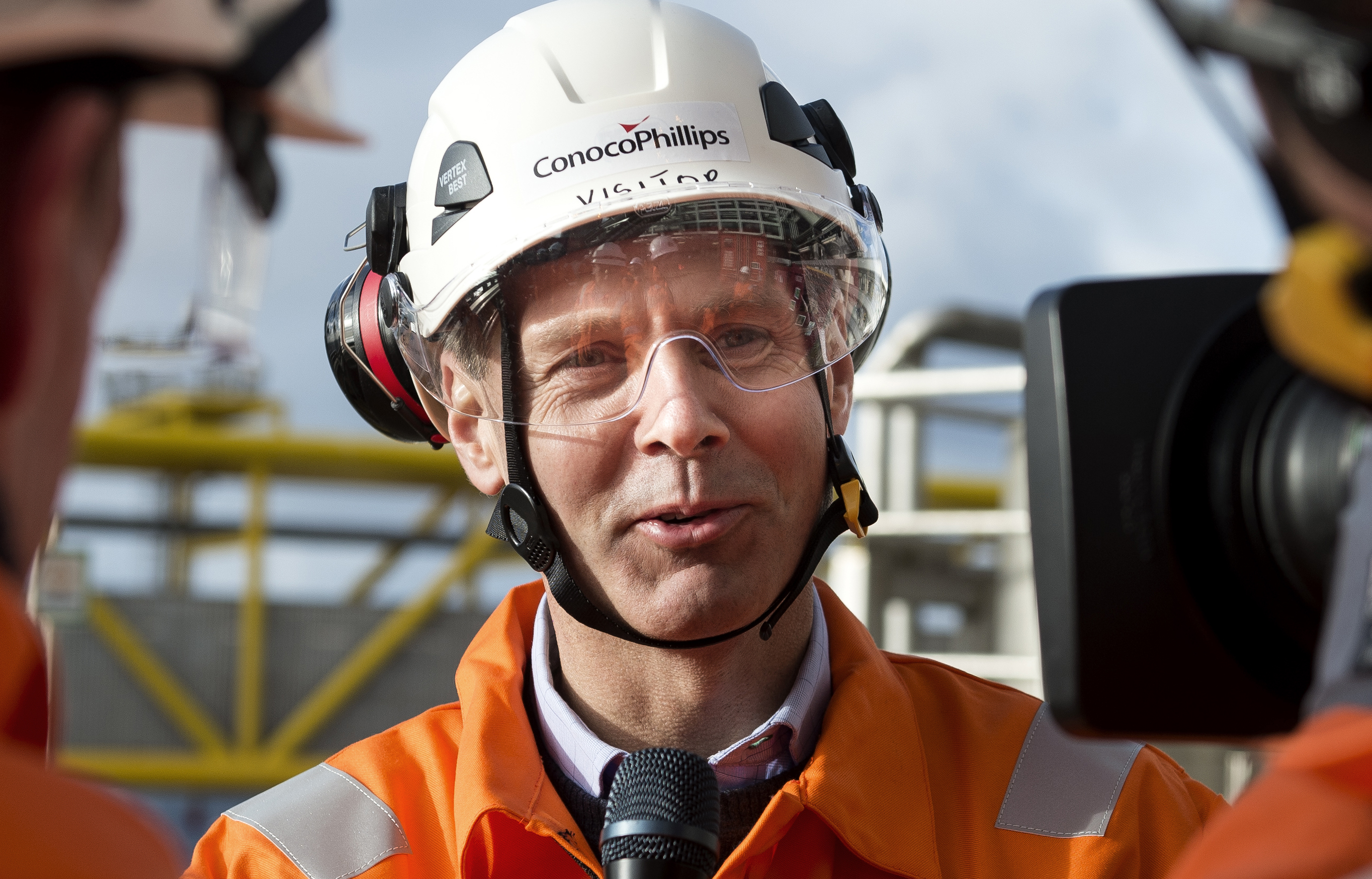 Photo: Carina Johansen/NTB
Photo: Carina Johansen/NTB
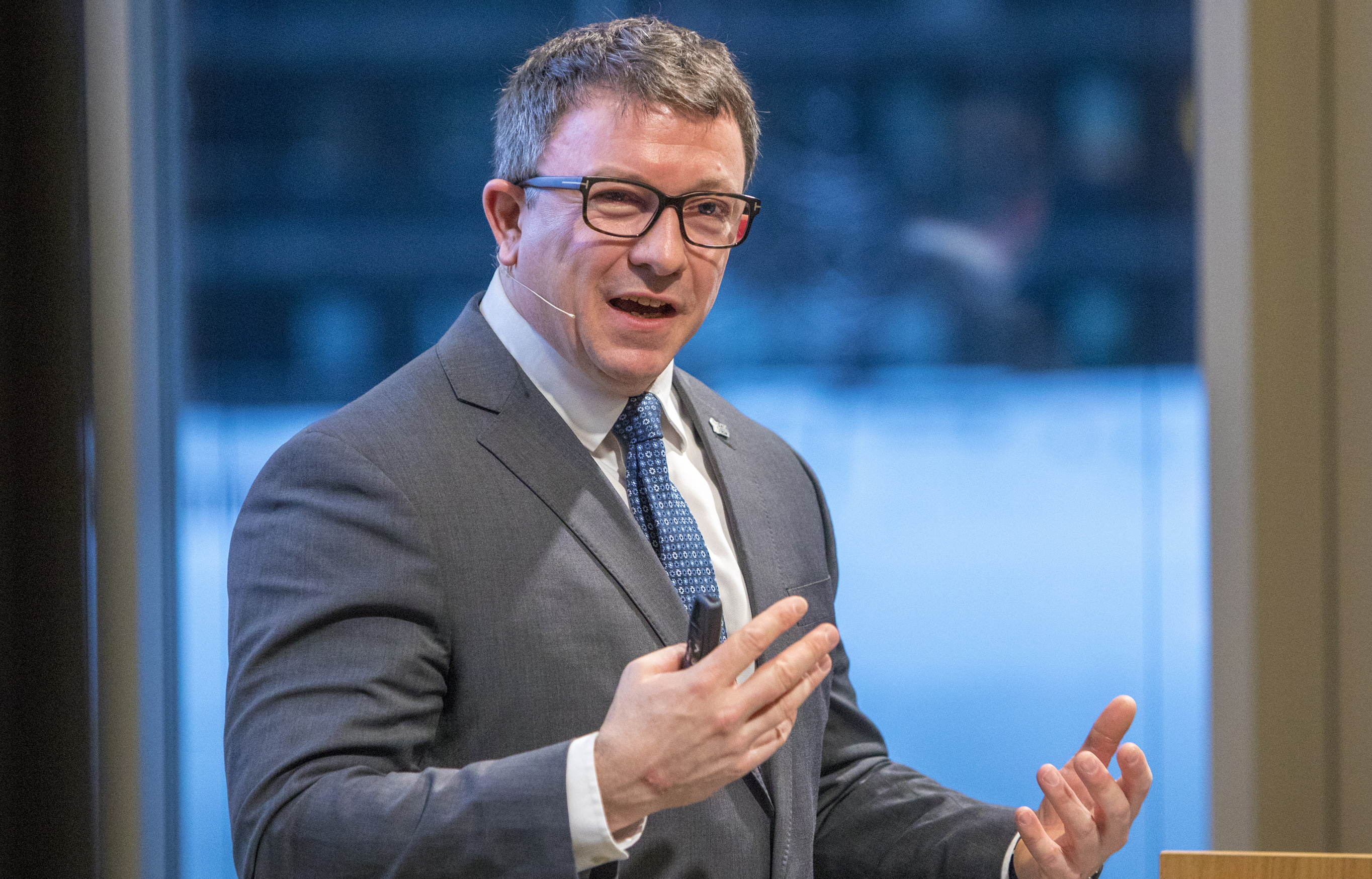 Photo: Ole Berg-Rusten/NTB
Photo: Ole Berg-Rusten/NTB